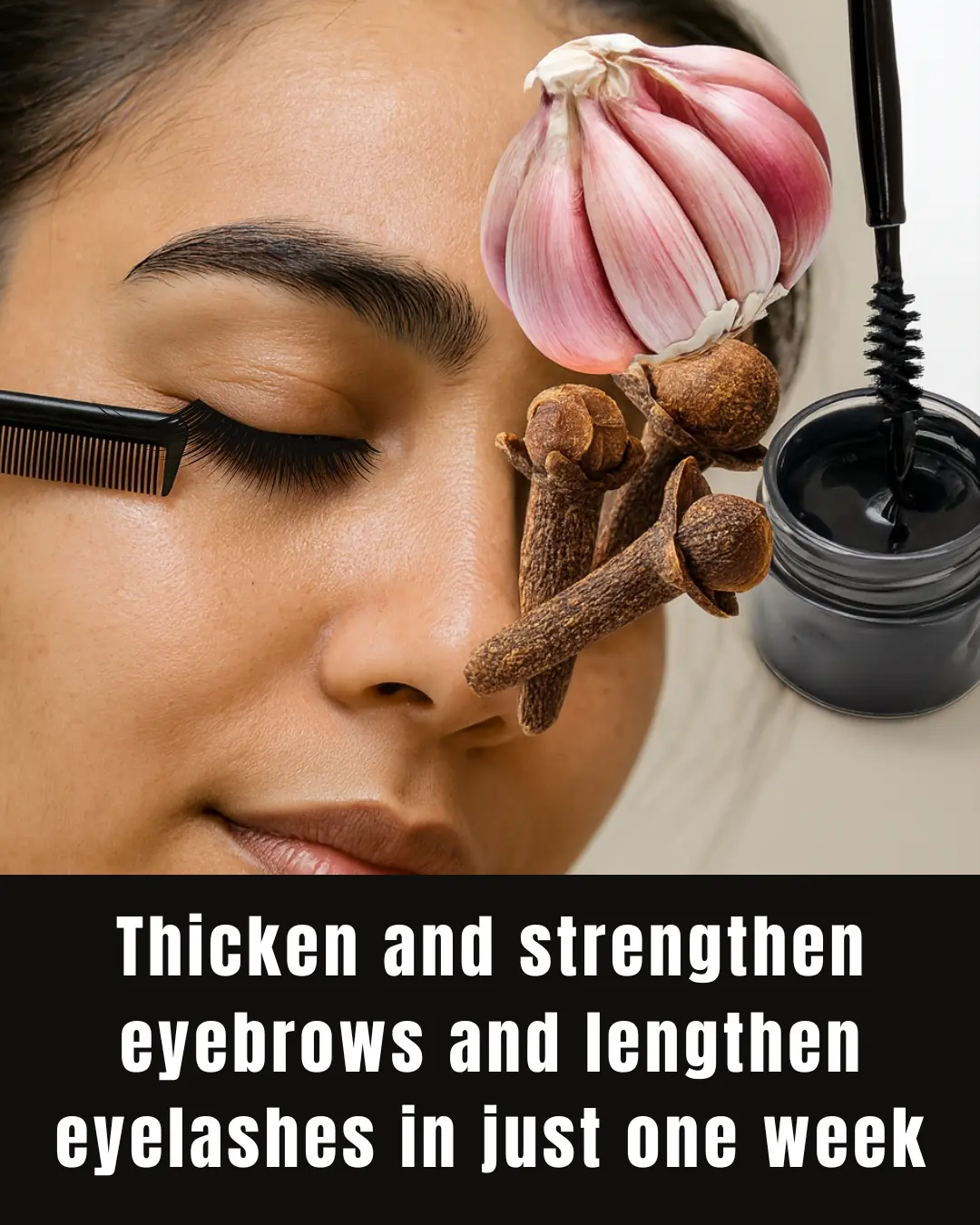
The Health Benefits of Sleeping Naked: What Science Actually Says
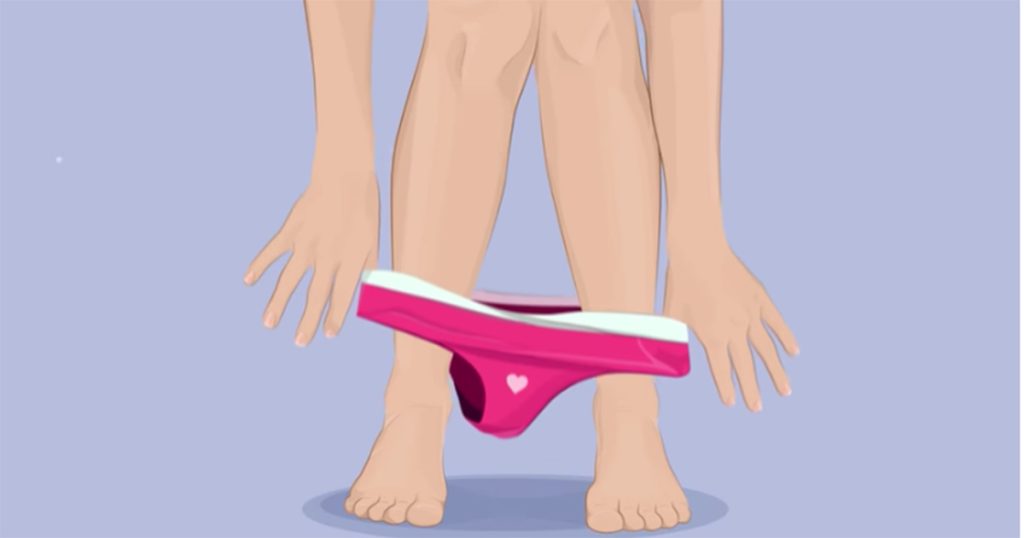
Sleeping without clothes is not a widely discussed habit, but it is gaining attention due to its potential benefits for health and well-being. So, how much of this is actually supported by science? This article explores what current research and health experts say about the benefits of sleeping nude—from a strictly medical perspective.
1. Improved Sleep Quality Through Temperature Regulation
Maintaining an optimal body temperature is essential for deep sleep. According to the Sleep Foundation, the ideal bedroom temperature for quality sleep is between 60°F and 67°F (15.6°C – 19.4°C). Tight or heavy clothing can interfere with the body’s natural cooling process, especially during hot weather or in poorly ventilated rooms.
Sleeping naked helps the body stay cooler and more easily maintain an optimal temperature. A study published in Brain: A Journal of Neurology found that even a slight drop in core temperature can help the body enter deep sleep more quickly.
2. Supports Natural Melatonin and Cortisol Rhythms
Temperature also affects hormones. Melatonin—the hormone that regulates the sleep–wake cycle—tends to increase in cooler environments. Research from the U.S. National Institutes of Health (NIH) shows that sleeping in a cool environment or without pajamas can naturally enhance melatonin production.
Cooler conditions may also help lower nighttime cortisol levels. Cortisol—often called the “stress hormone”—can disrupt sleep if levels remain high at night. The Endocrine Society has shown that high nighttime temperatures can interfere with healthy cortisol cycles.
3. Benefits for Skin Health and Hygiene
Tight clothing, especially synthetic fabrics, can trap heat and moisture, creating conditions for irritation or infection. The American Academy of Dermatology notes that allowing the skin to “breathe” at night can reduce the risk of rashes, yeast infections, and other skin problems in sensitive areas.
Although not a cure-all, sleeping nude improves airflow and reduces friction, which can support healthier and more comfortable skin.
4. Enhances Intimacy and Connection
Skin-to-skin contact between partners can stimulate the release of oxytocin—the bonding and stress-reducing hormone. Frontiers in Psychology highlights that physical closeness, even through non-sexual touch, fosters emotional connection, trust, and lower stress.
That said, this remains a personal choice. Intimacy depends not only on sleeping nude but also on communication, emotional connection, and mutual comfort.
5. May Improve Blood Circulation
Some medical experts suggest that restrictive clothing—such as tight waistbands, underwear, or socks—may affect circulation when worn all night. According to Harvard Health Publishing, allowing the body to rest without constriction may benefit people who struggle with circulation-related discomfort during sleep.
This does not mean all clothing disrupts circulation, but removing tight garments may ease pressure for some individuals.
6. May Reduce Infection Risks (If Hygiene Is Maintained)
People prone to yeast infections or fungal issues—especially in warm, humid climates—may benefit from sleeping without clothing. Cleveland Clinic notes that hot and moist environments encourage the growth of Candida, the fungus responsible for yeast infections.
However, proper hygiene is essential. Sleeping nude on dirty sheets or in unclean environments can increase the risk of other skin conditions.
7. Psychological and Emotional Comfort
Some individuals feel more relaxed and comfortable when sleeping naked. Although this is subjective, the psychological component of sleep is crucial. The American Psychological Association notes that reducing physical discomfort and promoting a sense of ease before bedtime can significantly improve mental rest and relaxation.
Conclusion: Is Sleeping Naked Right for You?
Sleeping without clothes offers several potential benefits for health and comfort, but the choice depends on personal habits, cultural norms, and lifestyle. Those with certain medical conditions, sensitive skin, or who share a room may prefer loose, breathable sleepwear instead.
The key point is that sleepwear should support comfort, temperature regulation, and hygiene. Whether you choose to sleep nude or in lightweight clothing, the ultimate goal is restorative, high-quality rest.
News in the same category

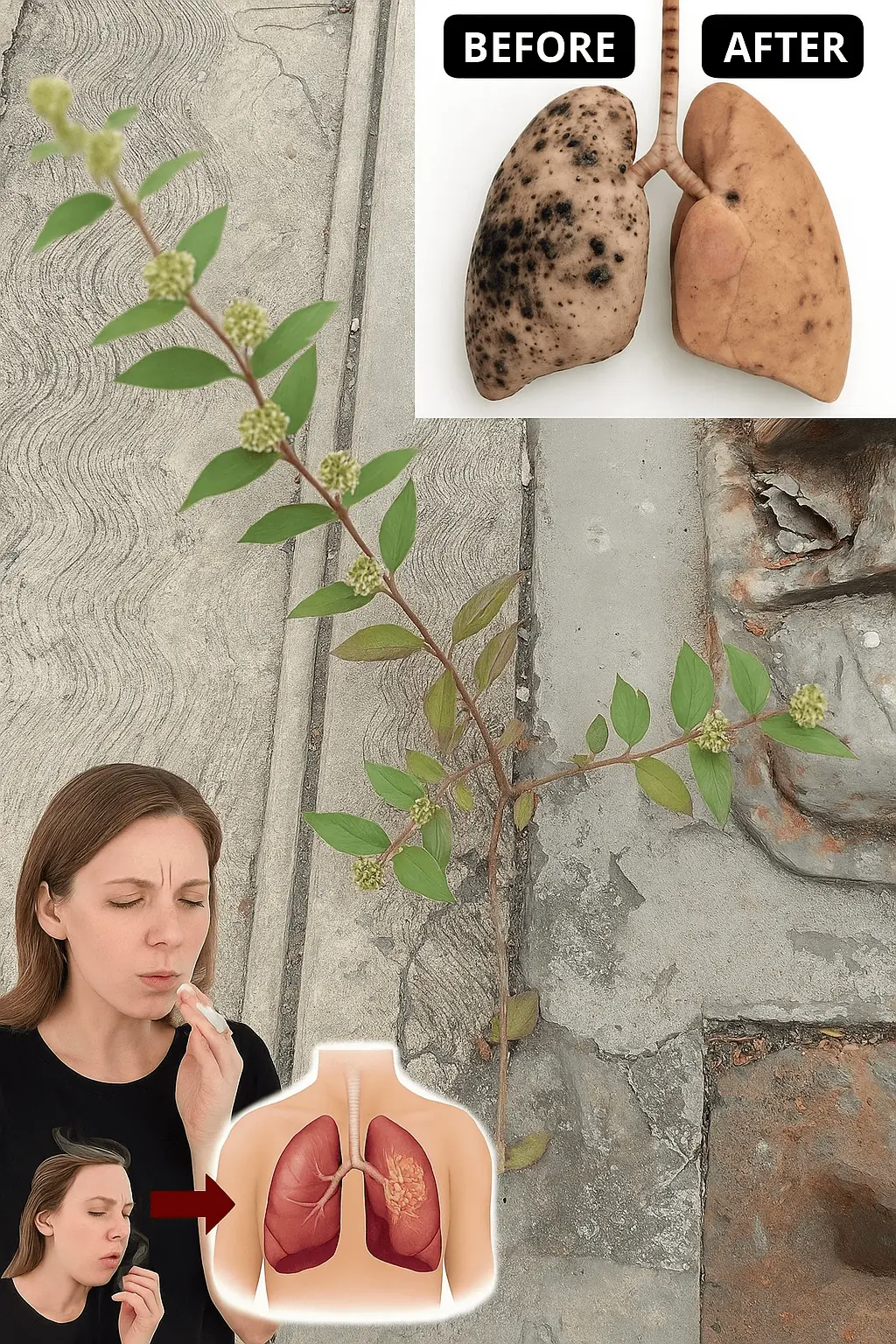
Benefits of Euphorbia Hirta

Why You Should Embrace Purslane in Your Garden: 8 Compelling Reasons

Man who vaped for 9 years issues terrifying warning after being hospitalized with “searing pain”

9 Warning Signs of Diabetes You Might Be Overlooking

Garlic and Clove: Two Treasures for Your Health

Discover the Hidden Gold in Your Garden: The Amazing Power of Castor Leaves

If You See Someone With Prominent Green Veins, Tell Them This – It Could Save Their Life

15 Deadly Kidney Signs You Must Catch Early

13 Early Signs of Kidney Failure (You Ignore Daily) | Symptoms of Kidney Failure

A 4-Year-Old Girl Nearly Lost Her Life Due to Diabetes, Parents Cried: “We Spoiled Her Too Much!”

A Cyst on the Foot or Wrist: What You Should Know
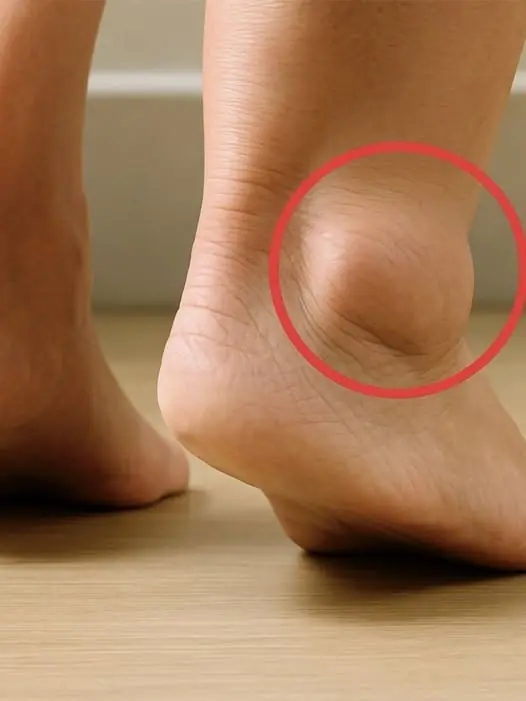
If your feet are swollen, it is a clear sign that… see more

7 Things Not to Do Before Taking a Shower to Prevent Stroke – Plus 2 Common Mistakes

10 Warning Signs Your Liver Might Be in Trouble
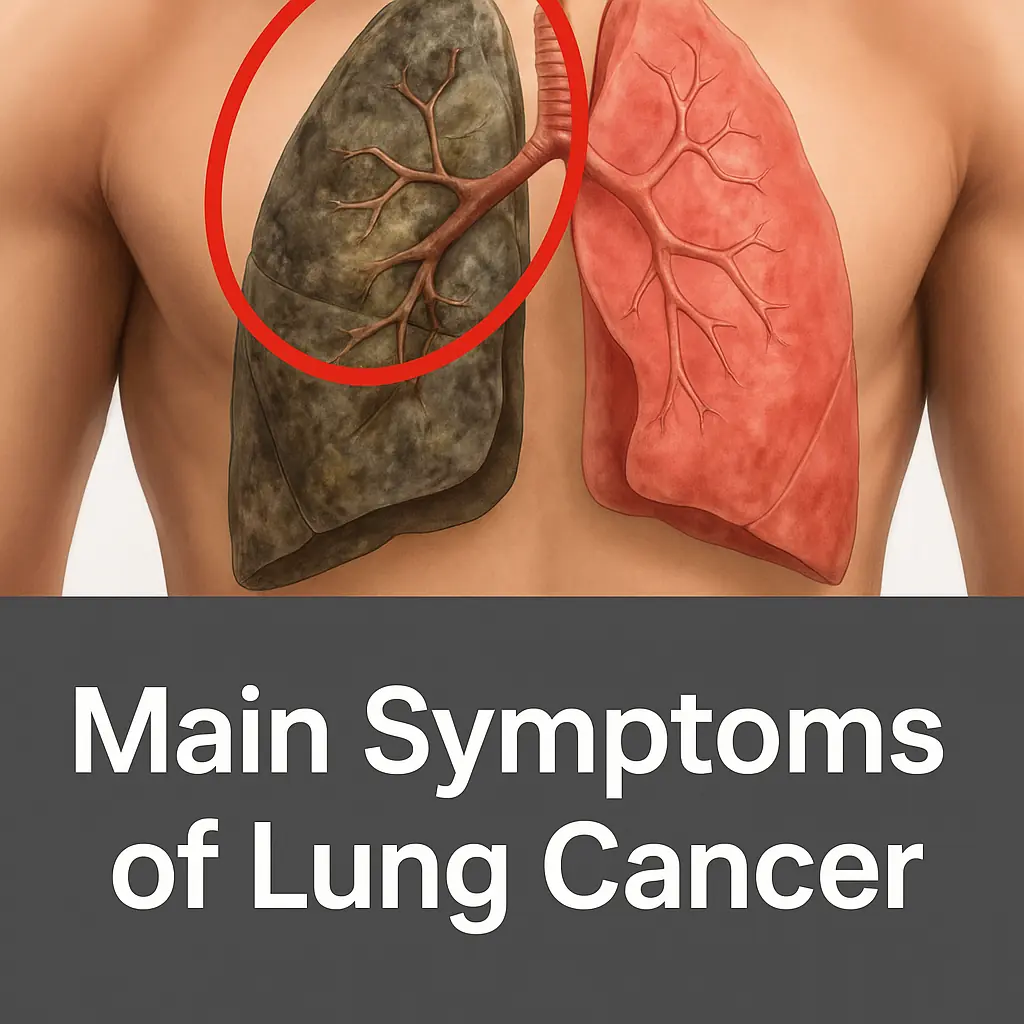
Lung Cancer Symptoms
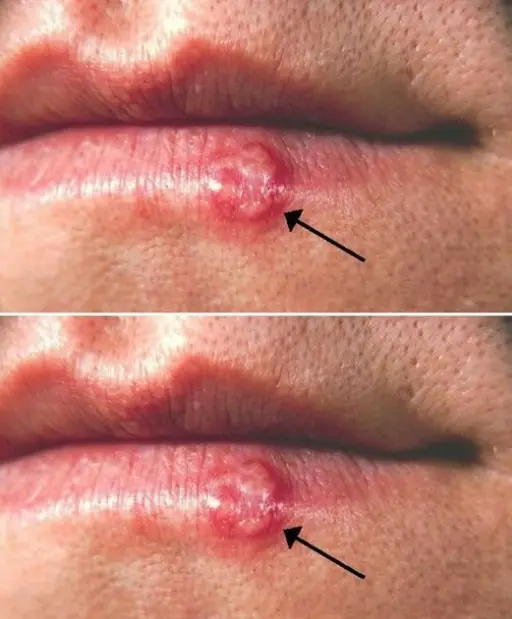
Most People Have Had or Have This Cold Sore Virus, But Very Few Know How to Cure It – Here’s What You Need to Do!

These are the signs that he is cr… See more
News Post

Triple Berry Drip Naked Cake

Rustic Berry Naked Cake

Fresh Strawberry & Blueberry Layer Cake

Saudi Arabia Announces Major Gold Discovery in Makkah Region — A Potential New Mining Belt

4 Simple Fresh Juice Recipes to Boost Health and Energy

After 32 Years, Chinese Mother Reunites With Son Kidnapped and Sold as a Toddler

Baby Gorilla Skeletons Show Striking Similarities to Human Infants, Scientists Explain

Taylor Swift’s Quiet Act of Kindness: Helping a Pregnant, Homeless Fan Find Stability

Raging anti-ICE protester forgets to put car in park, watches it sink into lake while yelling at agent arresting illegal alien

Babies Who Wake Up Often at Night Might Be Smarter, Expert Suggests

🥩 Perfect Pan-Seared Steak with Garlic Butter

Grounding with Trees: How Barefoot Earthing and Tree Energy Can Restore Balance

Benefits of Euphorbia Hirta
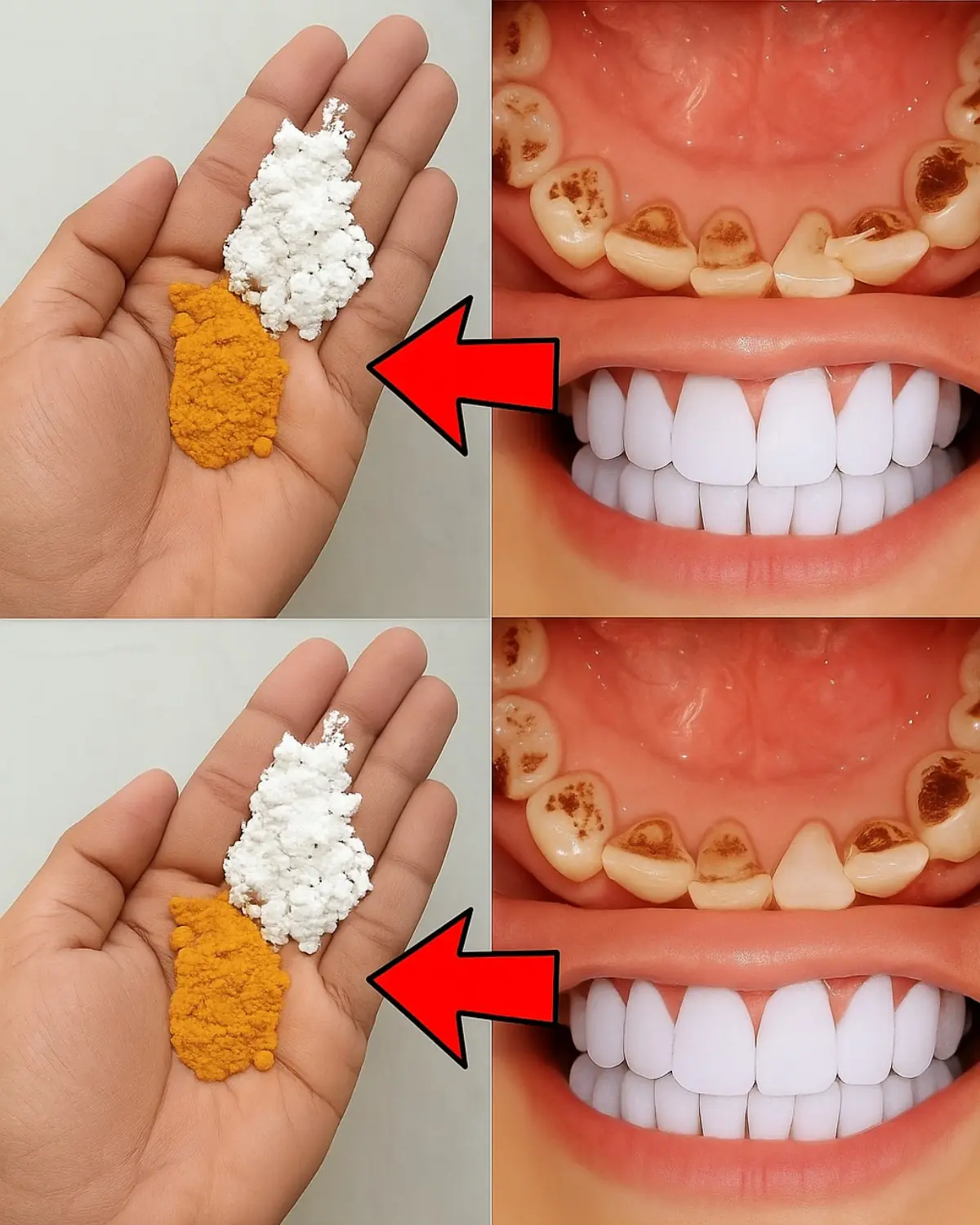
Brighten Your Smile Naturally: Turmeric and Baking Soda for Teeth Whitening

One Simple Food Seniors Can Eat to Rebuild Muscle Strength Naturally

Garlic and Cloves: Nature’s Secret for Back and Joint Comfort

Flight Attendant Reveals the Real Reason Cabin Crew Greet You When You Board — and It’s Not Just Politeness

Mike the Headless Chicken: The Incredible Survival Story That Defied Biology
